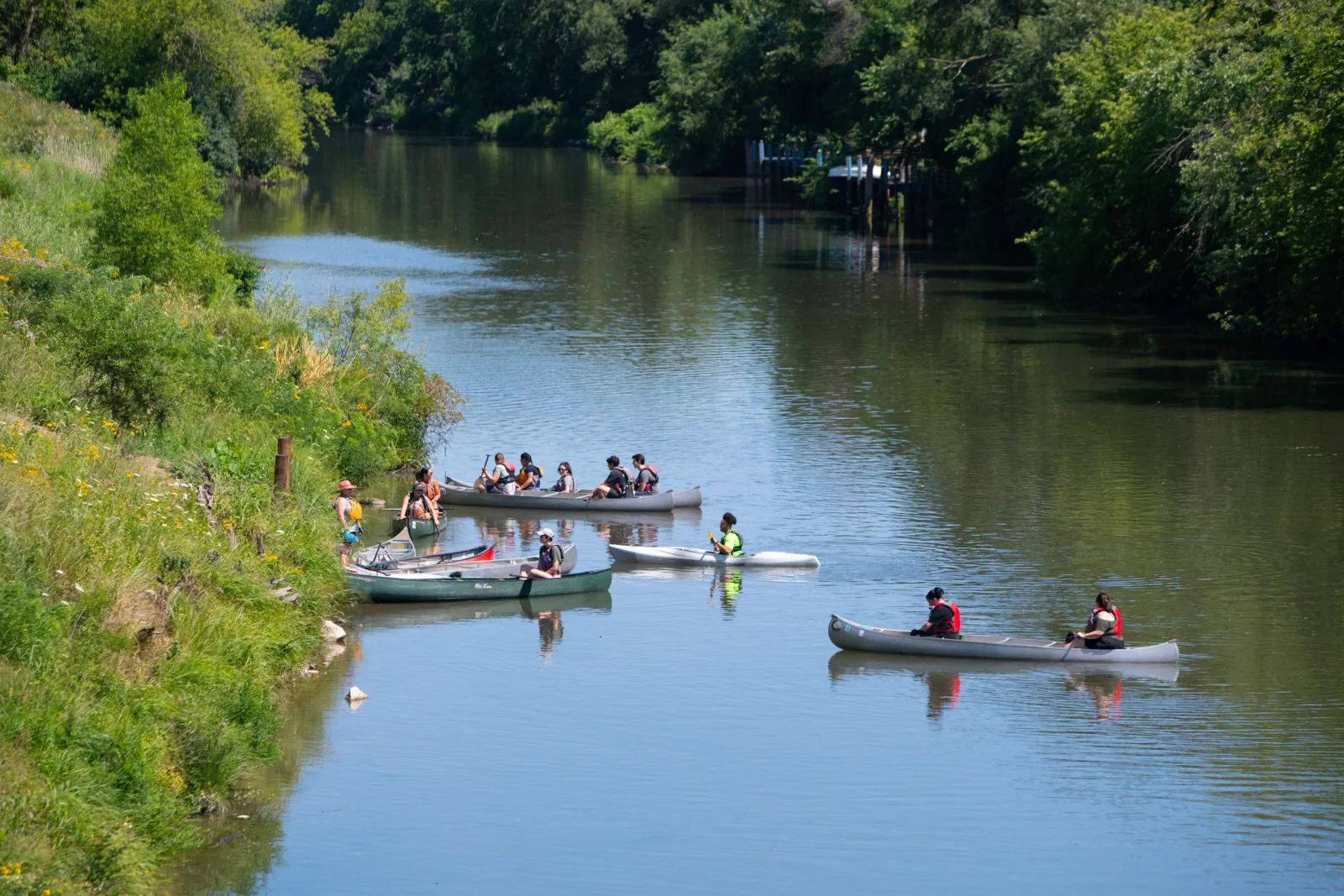Collaboration, balance, and communication were the name of the game during this year’s Newberry Consortium in American Indian and Indigenous Studies (NCAIS) summer institute.
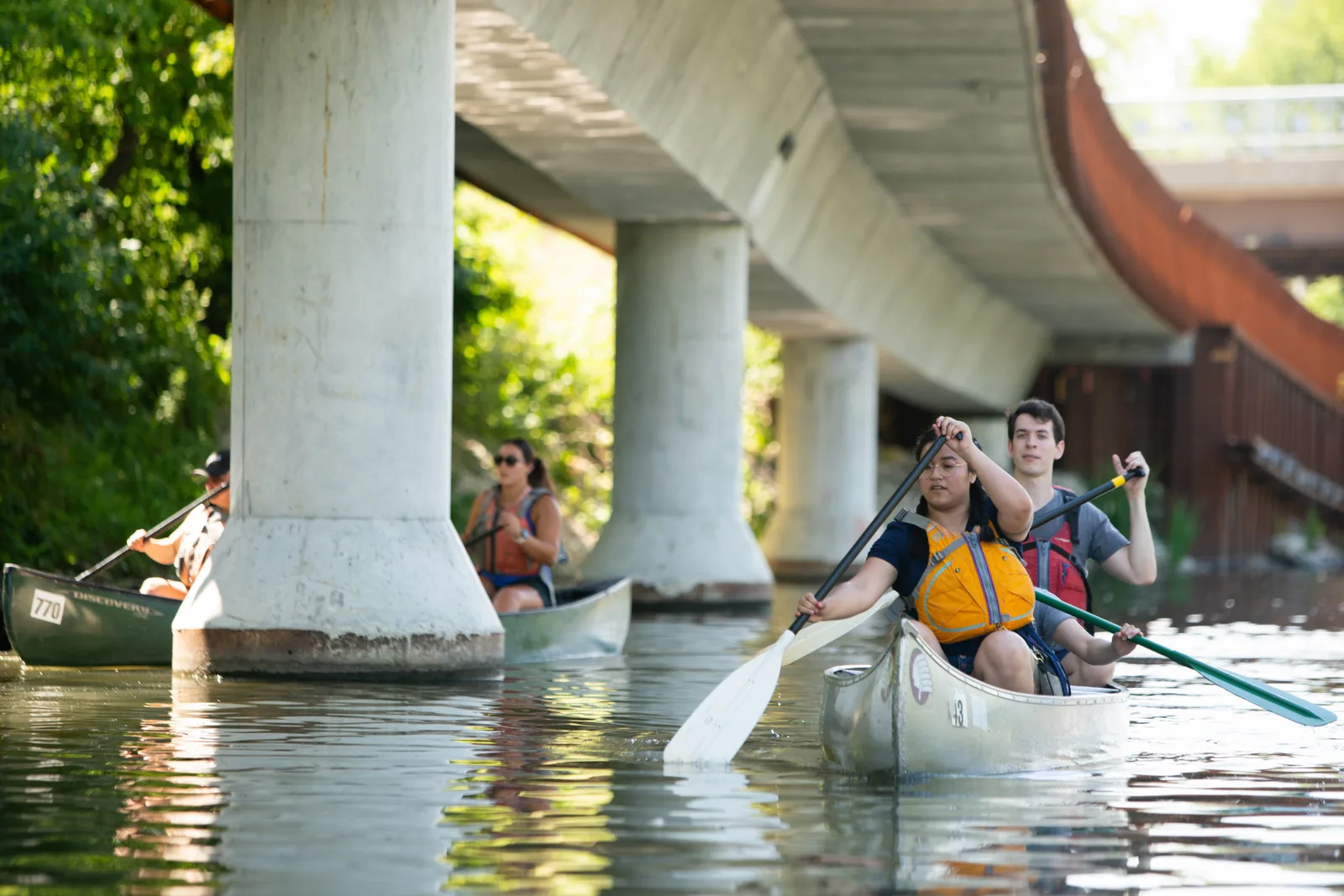
Created and hosted by the Newberry, NCAIS links universities engaged in the training of graduate students in Indigenous Studies across the US and Canada. NCAIS programming, which includes an annual workshop, summer institute, conference, and a variety of ongoing fellowships, draw on the Newberry’s American Indian and Indigenous Studies collection to facilitate grad student training.
The theme of the 2022 NCAIS summer institute, held at the Newberry for four weeks in July, was “Land, Water, and the Indigenous Archive: Art and Activism in the Mississippi River Network.” Under the guidance of Dr. Samantha Majhor (Marquette University) and Dr. Kelly Wisecup (Northwestern University), a group of graduate students explored long-held Indigenous relationships to land and water with a specific focus on the Mississippi River and its networks.
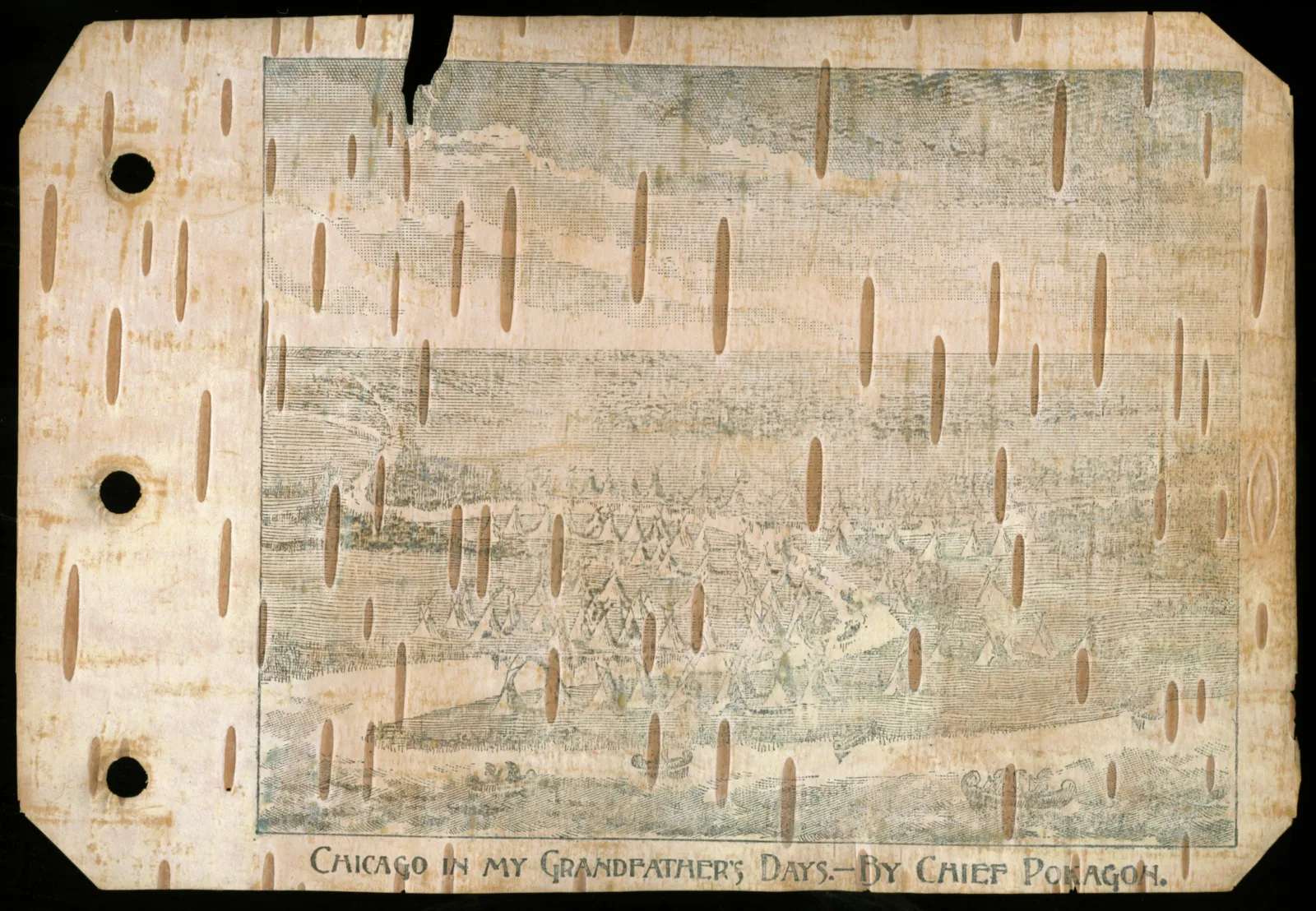
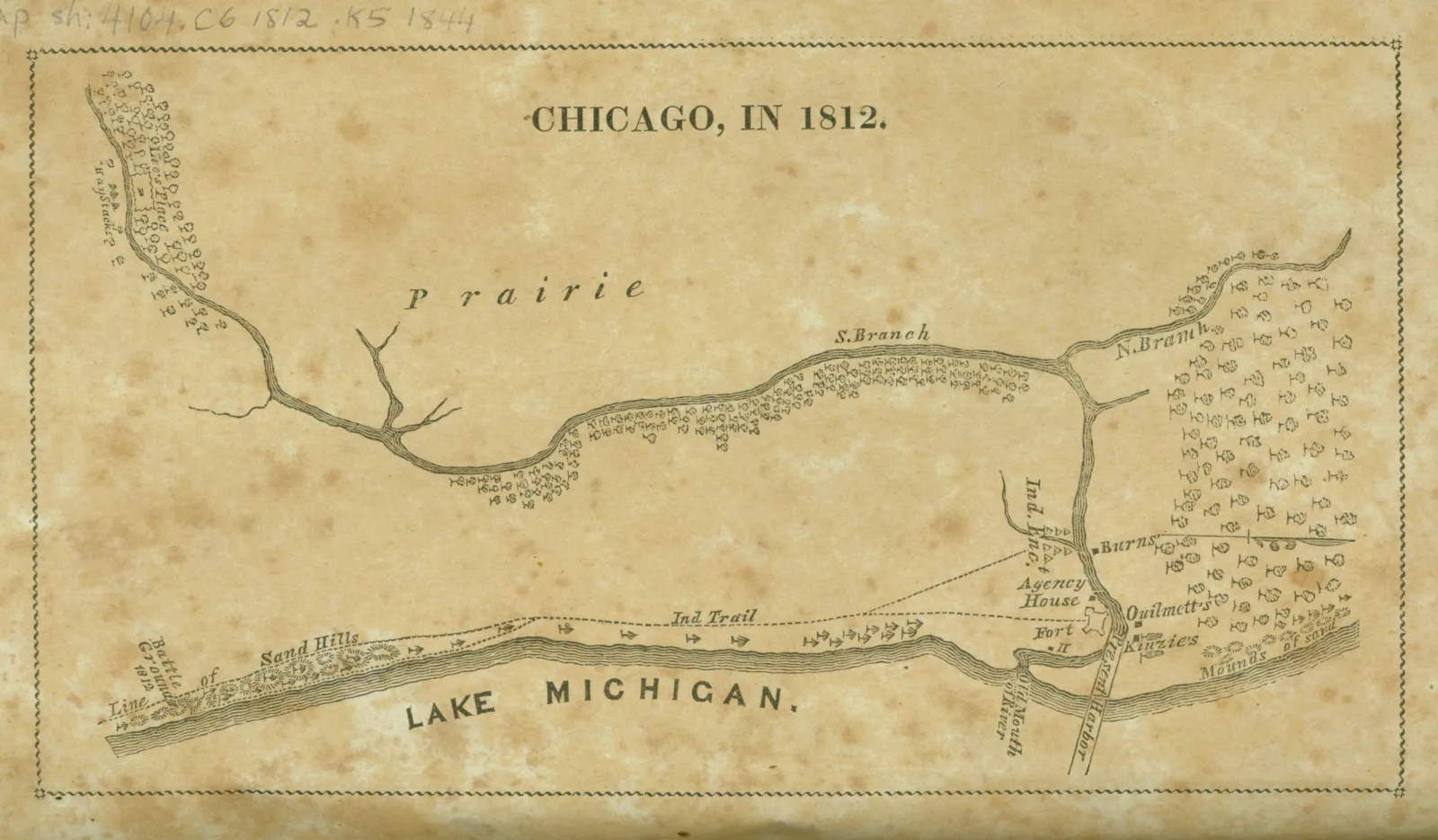
Combining classwork, immersive site visits, conversations with Indigenous artists, and research within the Newberry archives, the summer institute explored what it means to understand the riverscape through Indigenous Studies methods.
Applying their learning about ongoing Indigenous connections to river spaces, participants jumped right into the riverscape (quite literally) through an immersive canoe trip in the Chicago River.
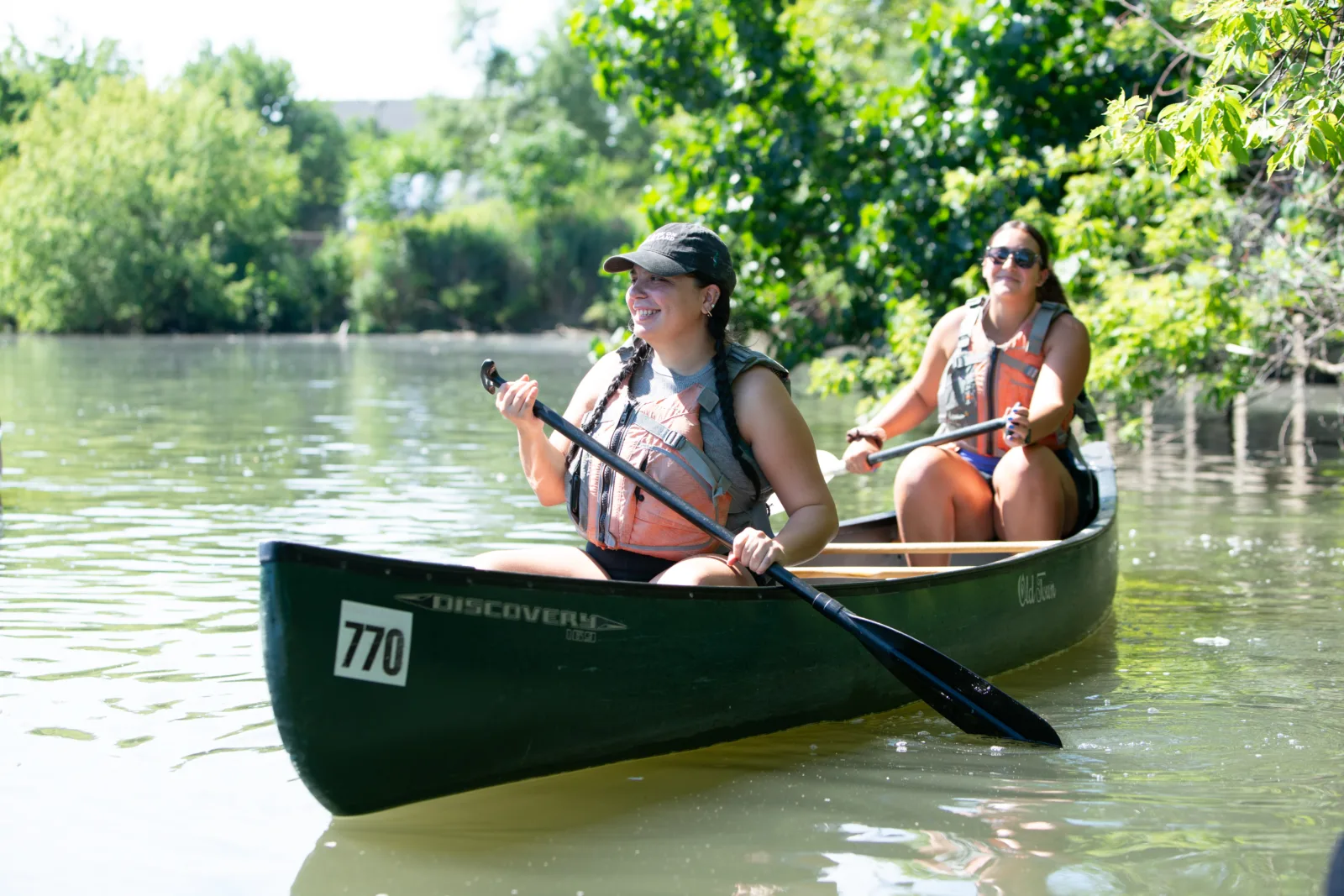
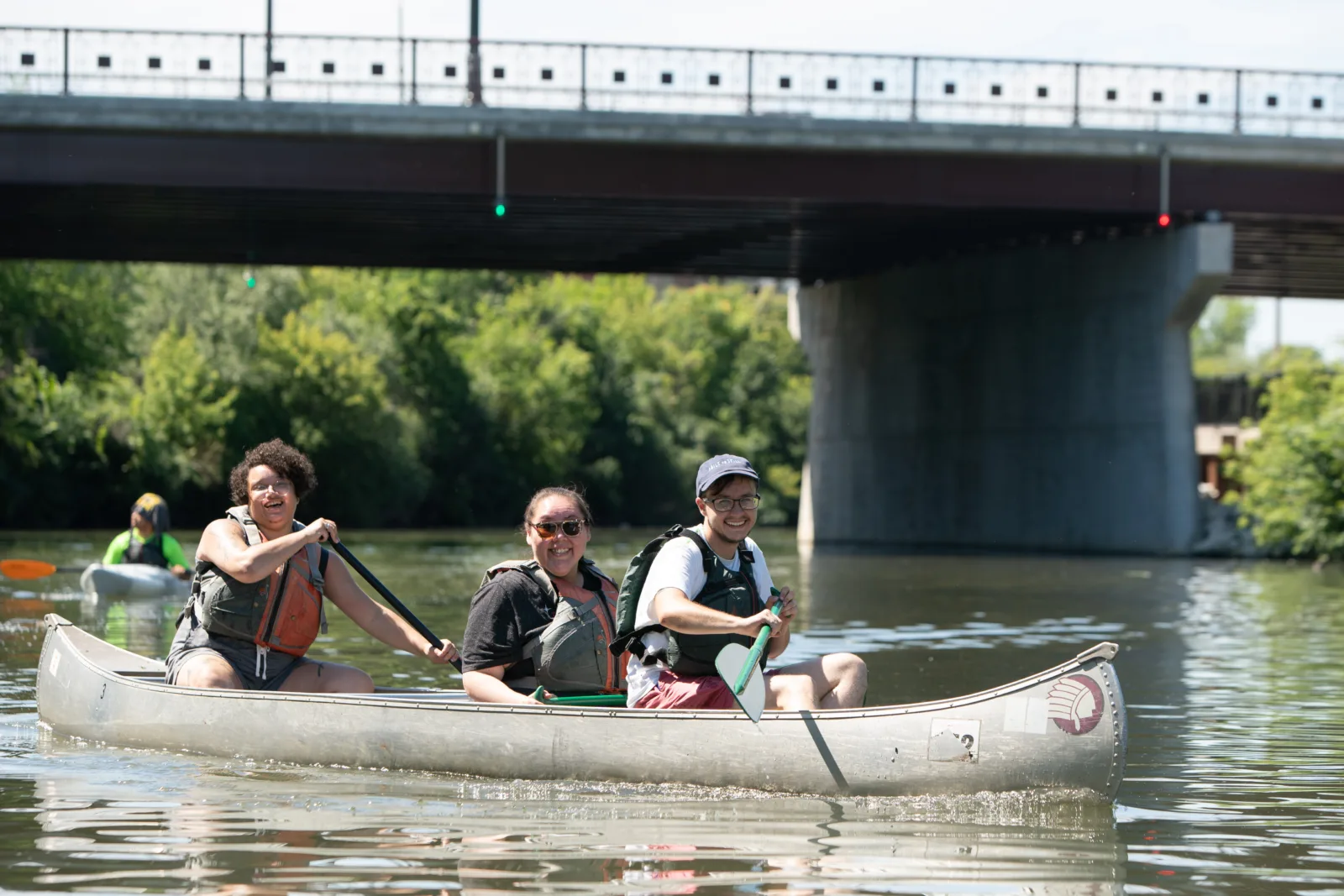
“ Canoeing requires collaboration, balance, and communication between the paddlers, and we felt this firsthand as we paddled up the river.”
Kelly Wisecup
Professor of English at Northwestern University and NCAIS 2022 facilitator
Dr. Kelly Wisecup recalls the day fondly: “We spent the morning canoeing on the Chicago River after a week of reading Indigenous scholars Jim Rock, Roxanne Gould, and Vicente Diaz on canoes as vessels for Indigenous knowledge of water, earthworks, stars, and currents and as vessels for understanding the past and imagining the future. Canoeing requires collaboration, balance, and communication between the paddlers, and we felt this firsthand as we paddled up the river.”
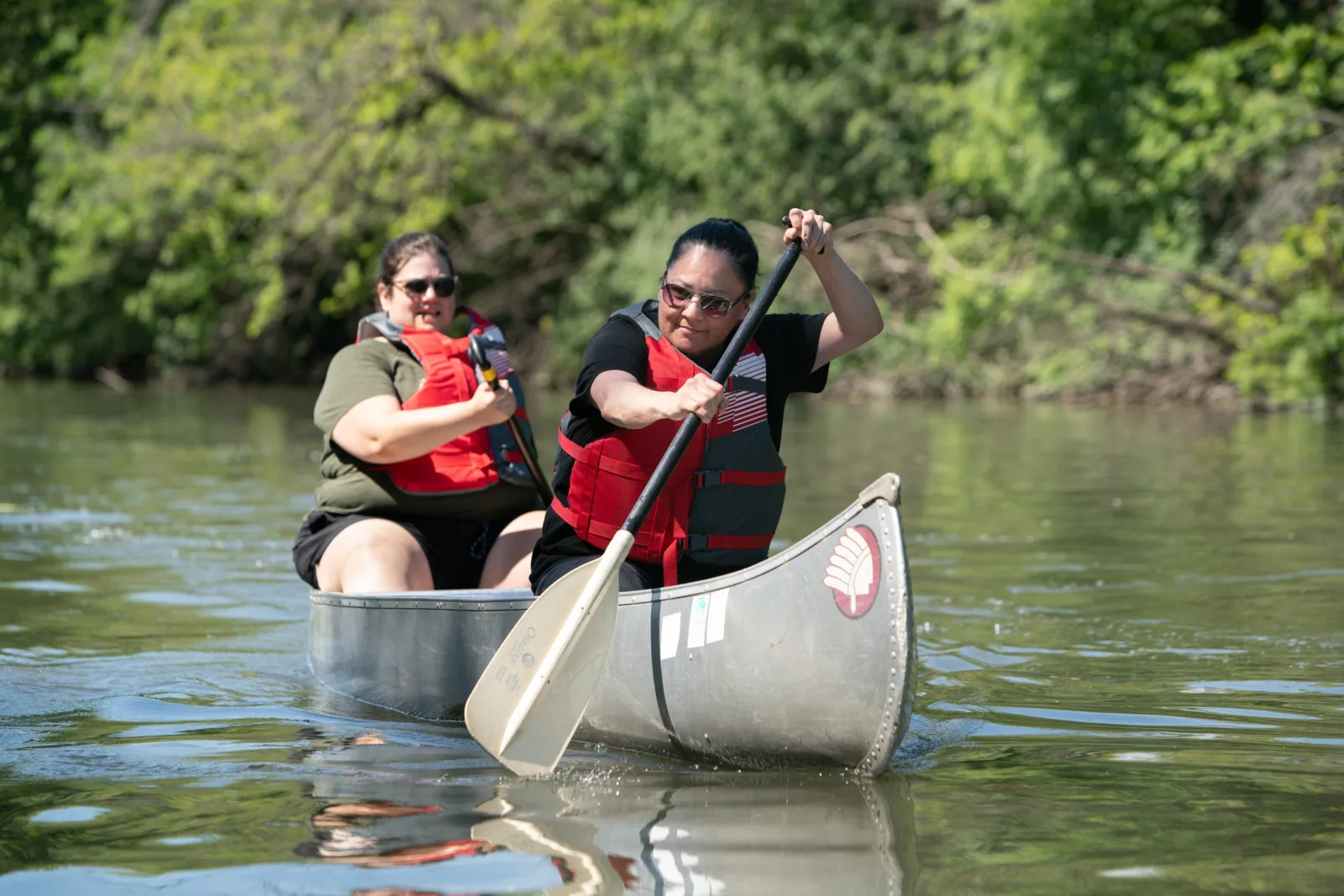
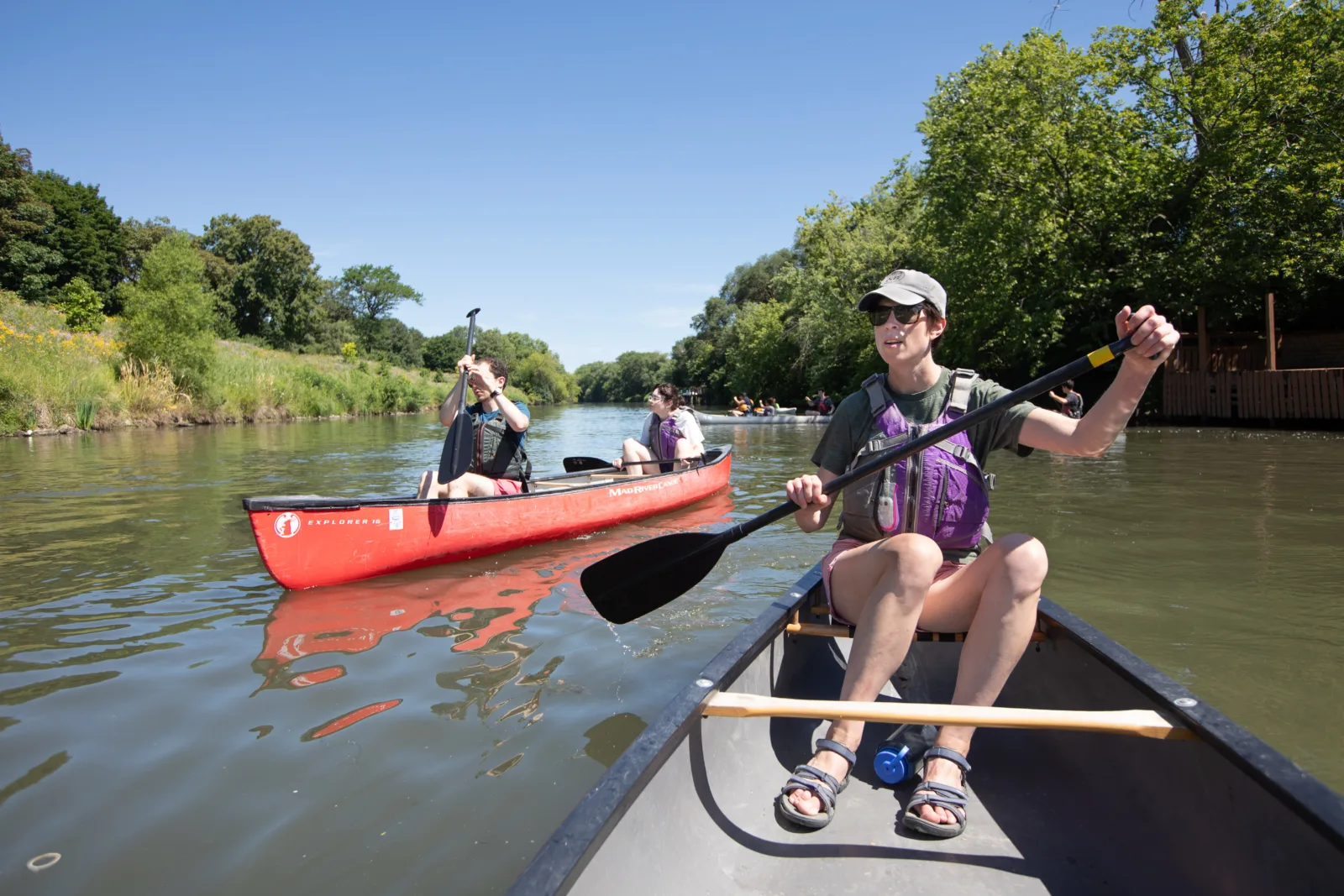
Participants also had an opportunity to explore how Indigenous artists and activists draw on these relationships to land and water in order to respond to climate threats and protect Indigenous sovereignty.
Dr. Wisecup recalls, “we paddled to a small takeout at Horner Park, and students walked up a hill to see X’s Coil Mound, stimulating a conversation about the relations between earthworks and rivers that we’d been tracking in our readings and about the possibilities and limitations of public art interventions in cities like Chicago, where settlers destroyed earthworks to build a city.”
Learn more about NCAISAbout the Author
Haku Blaisdell is the Communications Coordinator at the Newberry Library.
